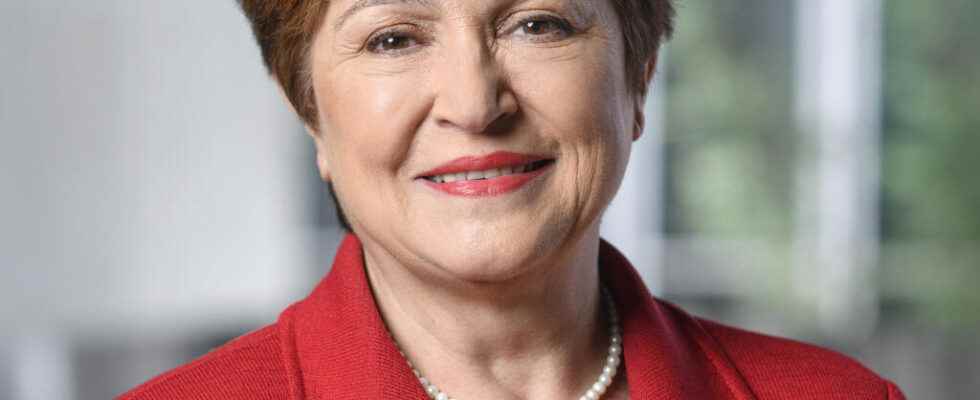The recession will affect one in three countries in 2023 warned yesterday, Sunday January 1, Kristalina Georgevia, director of the International Monetary Fund (IMF). A perspective whose magnitude is still poorly understood.
The bad news at the start of the year is anything but a surprise. Economists have been promising the worst for 2023 for at least six months. No more than 2% growth for the entire planet, estimates the World Bank. This pessimistic forecast is even relayed by stars like the American rapper Cardi B who talks about it on her twitter account as early as June. The causes of this contraction are well identified: first there is the war in Ukraine. The pressure on supply, and therefore energy prices, could increase, especially in Europe. One in two European countries will experience recession this year according to the IMF. Another major cause: inflation, which is still very high, too high. It prompted central banks to raise interest rates to curb rising prices. However, when the cost of money rises, this discourages investment and consumption, so growth slows. Finally, there is China. Its anti-Covid policy paralyzed activity in 2022.
Is this recession scenario inevitable?
Not necessarily for the United States. In June, Treasury Secretary Janet Yellen responded to Cardi B on Twitter, giving her a scathing denial. In December, it continues to temporize, evoking a simple “risk” of recession. It is in its role: it must reassure American investors and consumers. It is also true that the world’s largest economy is the best equipped to avoid the slowdown. But recent history, which Janet Yellen knows better than anyone, reminds us of some almost unavoidable sequences. In the United States, each time inflation has exceeded the 5% threshold – and it exceeded 8% last year – the tightening of rates put in place to eradicate it has triggered a recession. Another historical clue: since 1945 each time the close rates are higher than the long rates, clearly when money is more expensive in the short term than in the long term because the operators fear the recession, well it occurs in the following year. However, the inversion of the yield curve is visible at the moment in the United States, as in Europe.
What signals are the economic news giving us backing up this recession thesis?
The luxury industry, the sector most impervious to crises, because it is aimed at the ultra-rich, expects an erosion of demand in 2023, this is a harbinger of a slowdown. Another signal: American companies favor temporary hiring for fear of a recession. The US real estate market is on a downward trend and households are postponing major car and household appliance purchases. But there are also indicators that make you more optimistic. Inflation has been decelerating for five months in the United States and this will continue in 2023. China has given up on the zero Covid policy, this could precipitate a health crisis but also trigger a rapid recovery of the economy. Finally, if inflation in 2022 was severe and devoured the purchasing power of households, including in rich countries, the good performance of employment and savings make these countries more resilient to the economic downturn.
